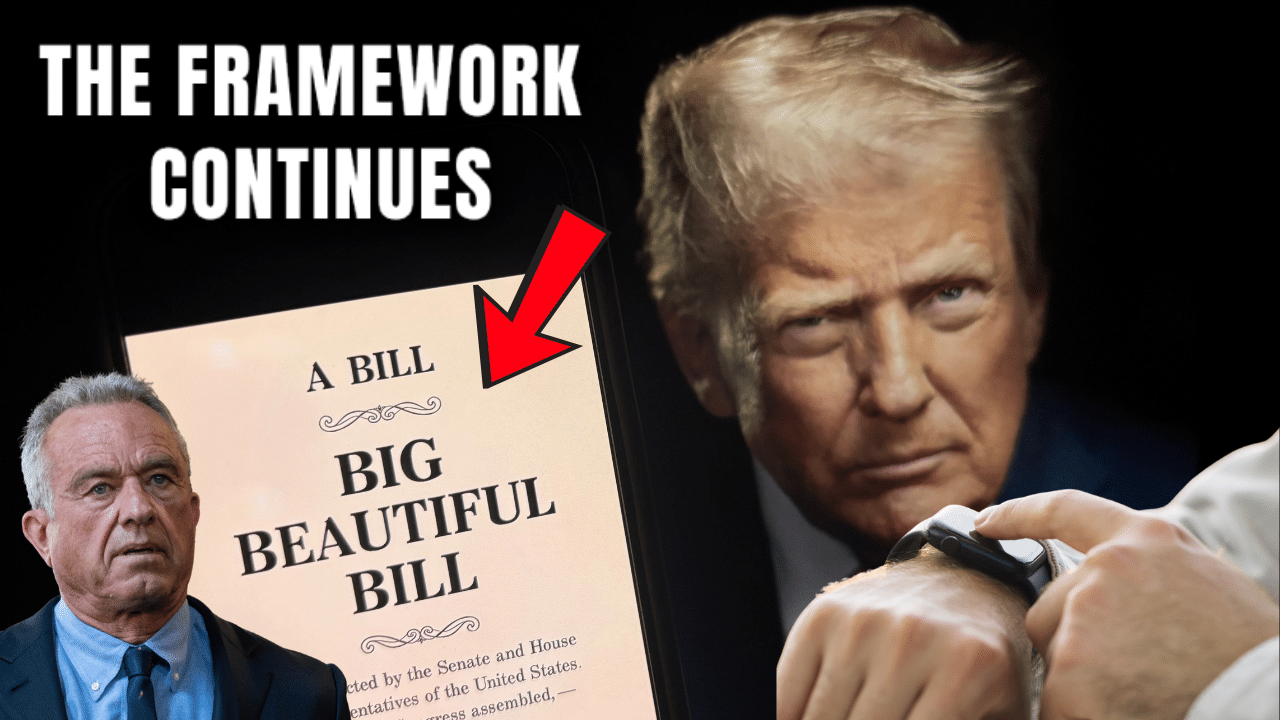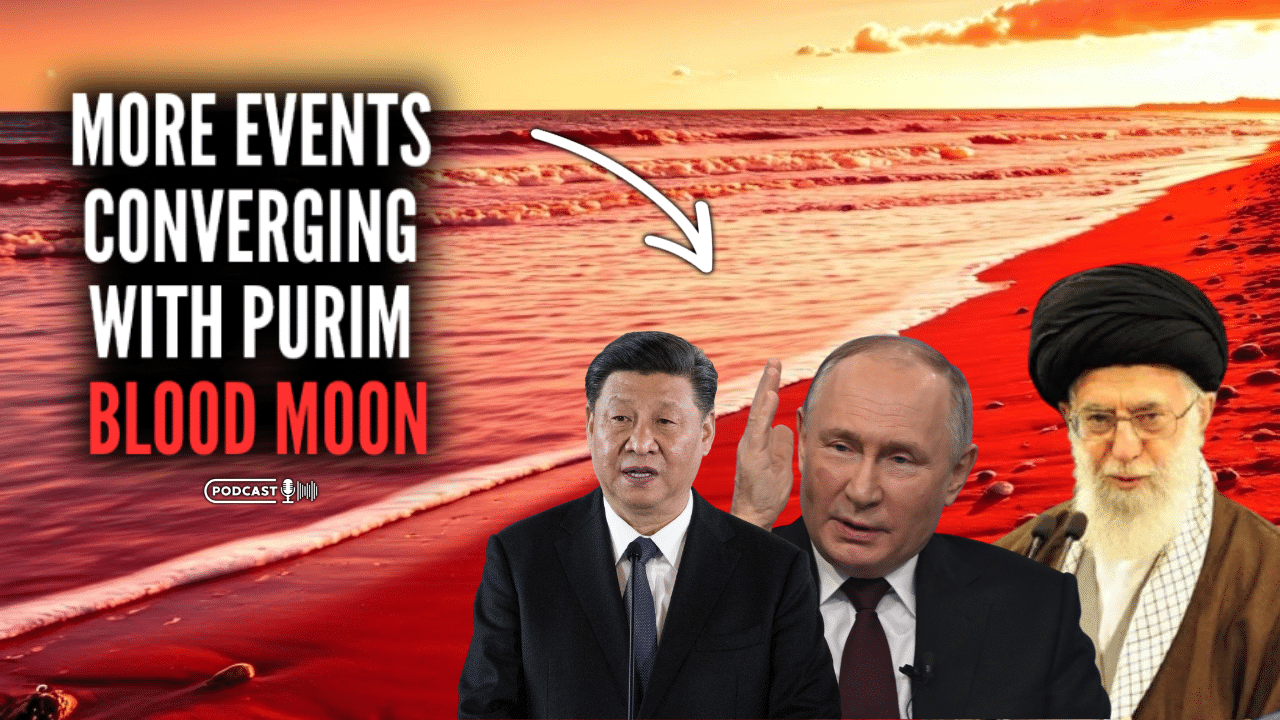A sudden escalation in global trade tensions has sent shockwaves through U.S. companies, with new tariffs and trade barriers disrupting supply chains and raising costs.
The latest measures, including retaliatory tariffs from key trading partners, have hit industries from manufacturing to agriculture, forcing businesses to scramble for solutions.
-
Supply Chain Disruptions: Tariffs on imported goods have strained supply chains, particularly for manufacturers reliant on components from Asia and Europe. Companies like automakers and tech firms face delays and higher costs.
Advertisement
-
Rising Costs: Increased tariffs have driven up prices for raw materials, squeezing profit margins. Small businesses, with less ability to absorb costs, are especially vulnerable.
-
Export Challenges: Retaliatory tariffs from countries like China and the EU have made U.S. goods less competitive abroad, hitting farmers and exporters hard. Soybean and pork producers reported a sharp drop in overseas demand.
-
Market Uncertainty: Stock markets dipped as investors reacted to the trade war’s escalation, with the Dow falling 1.5% on the day the tariffs were announced.
-
Corporate Pushback: Major U.S. companies, including Apple and Ford, have publicly urged de-escalation, warning that prolonged trade conflicts could lead to layoffs and reduced investment.
-
Adaptation Strategies: Some firms are exploring alternative suppliers in countries not targeted by tariffs, while others are passing costs to consumers through price hikes.
-
Lobbying Efforts: Trade groups like the U.S. Chamber of Commerce are pressing policymakers for negotiations to ease tensions, emphasizing the risk to economic growth.
Economists warn that the trade war could shave significant growth from the U.S. economy, with estimates suggesting a potential 0.5% GDP reduction next year if tensions persist.
Consumers may face higher prices for goods ranging from electronics to groceries, adding pressure to already strained household budgets.
The trade war’s ripple effects are felt worldwide, with Europe and Asia facing their own economic challenges.
China’s retaliatory measures, including tariffs on U.S. energy exports, have further complicated global trade dynamics. Meanwhile, ongoing U.S. negotiations with Canada and Mexico over trade agreements add another layer of uncertainty.










